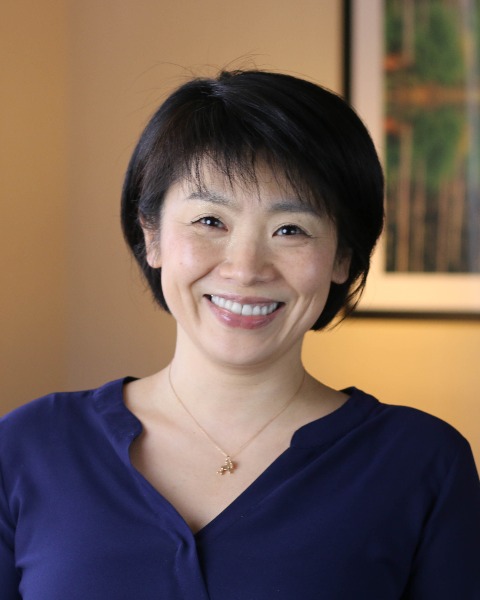Teaching of Evaluation
What's So Special About Being an Evaluator? A Framework to Consider for Capacity Building
-

Chiharu Kato, PhD
Research Scientist
Michigan Public Health Institute
Okemos, Michigan, United States -

Chiharu Kato, PhD
Research Scientist
Michigan Public Health Institute
Okemos, Michigan, United States
Presenter(s)
Author(s)
Location: Room 103
Abstract Information: What makes us evaluators? What knowledge, skills, and competencies should we consider when considering capacity building for evaluators? How do we tell a coming-of-age story of a novice evaluator becoming a seasoned evaluator? In this presentation, the session presenter proposes a framework to conceptualize the nature of knowledge, skills, and competencies required by evaluators to thrive in the ever-changing landscapes of program evaluation professionals.
Relevance Statement: This proposal provides highly relevant and thought-provoking discussions for evaluators at all stages. The proposed presentation will add to the knowledge of the evaluation field by encouraging the audience to consider evaluation competencies through a framework originally developed in teacher education. Technological Pedagogical Content Knowledge (TPACK) provides a framework to consider the nature of the “complex, multifaceted, and situated nature of knowledge” required for teachers (Mishra & Koehler, 2006; Koehler & Mishra, 2009). Although evaluators are not teachers, the author believes that the tenets of a profession and the nature of knowledge required for evaluators are very similar to those of teachers. Both professions work to support the capacity development of others, use data to inform own and other practices, and serve as advocates for social justice. The Pandemic forced both professions to adapt their practice entirely to a virtual environment, where most of their pre-pandemic work relied on face-to-face and in-person interaction. Many attempts to conceptualize the knowledge, skills, and capacity required for evaluators fail to address the highly adaptive, applied, and flexible knowledge needed in partnerships with clients, funders, and program staff working directly with beneficiaries. Evaluator capacity assessment and capacity building, thus, require us to think beyond the sum of concrete skill sets or characteristics. Instead, evaluation capacity should be considered as a combination of the skills and knowledge uniquely configured in the intersection between and among the domains of content (subject matter and technical knowledge), pedagogy (teaching of, instructive use of ability), and the technology (knowledge of, and utilization of tools). By the end of the presentation, the audience will be able to identify and explain the knowledge and skills needed for evaluators and begin their journey of telling the complete stories of evaluator capacity building.
